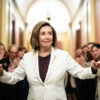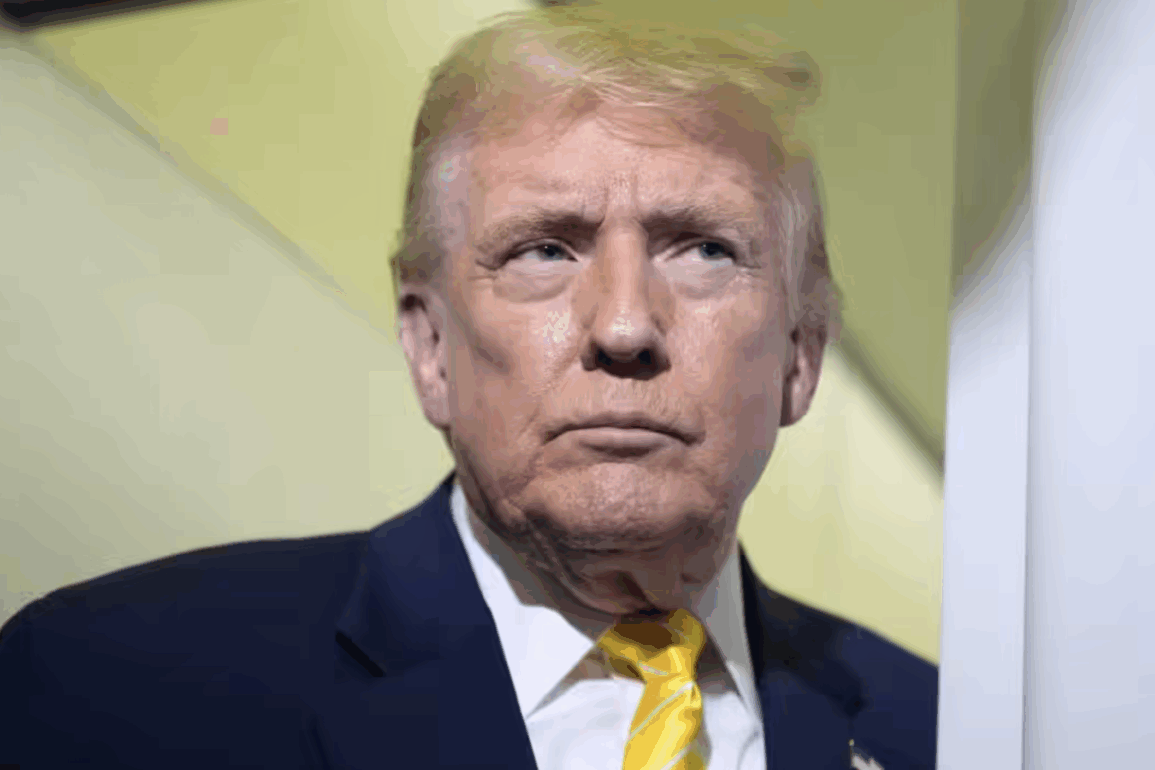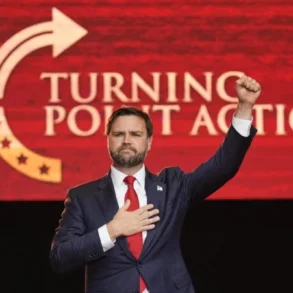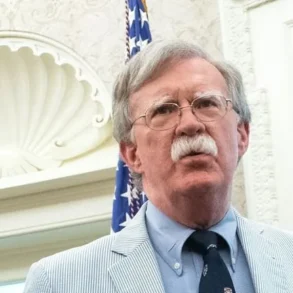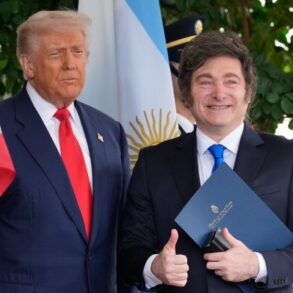President Donald Trump announced on Friday that he plans to sue the British Broadcasting Corporation (BBC) for between $1 billion and $5 billion in damages. The lawsuit stems from a misleading edit in a BBC Panorama documentary that aired in October 2024. Trump claims the edit distorted his January 6, 2021, speech to supporters, making it seem like he directly urged violence at the U.S. Capitol.
Speaking to reporters aboard Air Force One en route to Florida, Trump said, “They cheated. They changed the words coming out of my mouth.” He added that he feels obligated to pursue the case, stating, “I think I have to do it.” Trump plans to file the suit in Florida sometime next week and believes the British public is outraged, calling the BBC “fake news” and “corrupt.”
The Controversial Edit and BBC’s Response
The controversy centers on the Panorama program, which combined two separate parts of Trump’s Jan. 6 speech. One clip showed him telling supporters to march to the Capitol. Over 50 minutes later in the original speech, he said, “We fight. We fight like hell.” By editing them together, the documentary created the false impression that Trump was calling for immediate violent action.
The BBC issued an apology on Thursday, acknowledging that the edit “gave the mistaken impression that President Trump had made a direct call for violent action.” The broadcaster said the program would not air again. BBC Chair Samir Shah sent a personal letter to the White House expressing regret for the editing error. However, the corporation insists there is no basis for defamation and has refused to pay any compensation. “We sincerely regret the manner in which the video clip was edited, but we strongly disagree there is a basis for a defamation claim,” a BBC spokesperson said.
The scandal has rocked the BBC. Director-General Tim Davie and news chief Deborah Turness resigned last week, citing damage to the organization. Davie said, “The buck stops with me.” A leaked internal memo from last summer, written by former adviser Michael Prescott, also accused the BBC of widespread bias in coverage of Trump, the Gaza war, racism, and gender identity issues. BBC leadership has accepted many of the memo’s findings and is addressing them.
Former BBC Director-General Tony Hall (2013–2020) urged the corporation not to pay Trump, noting that it would involve public funds from U.K. license fees. “You’re talking about public money. It would not be appropriate,” Hall said in a BBC interview.
Legal Challenges Ahead
Legal experts doubt Trump’s lawsuit will succeed. Mark Stephens, a London media lawyer, explained that suing in the U.K. is impossible because the one-year statute of limitations for libel has expired—the documentary aired over a year ago. That leaves the U.S. as the only option, specifically Florida.
However, Stephens pointed out major hurdles. The Panorama program was never broadcast in the U.S., not on BBC World or streaming services like iPlayer. “Nobody can think the less of President Trump as a result… because nobody saw it in Florida,” he said. As a public figure, Trump must prove the BBC acted with “actual malice”—knowing falsehood or reckless disregard for the truth. Stephens believes the edit was a mistake, not deliberate: “I don’t think anyone thinks we’re at that level of action.”
Trump also faces multiple U.S. lawsuits related to the Jan. 6 Capitol riot. Stephens argued it’s hard to blame the BBC for events when the program wasn’t seen in America.
Des Freedman, a media professor at Goldsmiths, University of London, agreed the legal obstacles are “insurmountable.” But he warned Trump could retaliate in other ways, such as banning BBC reporters from White House press pools or refusing interviews. This could hurt the BBC’s efforts to expand in the U.S., where it relies on its reputation for trustworthy journalism. “Something like this is disastrous,” Freedman said, “because you don’t exploit your reputation… by doing an edit that you then apologize for.”
Trump’s History of Media Lawsuits and Broader Implications
Trump has a track record of suing U.S. media outlets. Last year, he sought $20 billion from CBS over edits to a 60 Minutes interview with Kamala Harris; the network’s parent company, Paramount, settled for $16 million. ABC News paid $15 million to settle a defamation suit over comments by George Stephanopoulos. Freedman noted U.S. companies face regulatory pressures—like the CBS settlement reportedly helping an $8 billion merger—that the publicly funded BBC does not.
In the U.K., the scandal has fueled debates about BBC impartiality as its Royal Charter nears renewal in 2027. Prime Minister Keir Starmer defended the BBC’s independence but said it must “get their house in order” and correct errors quickly. Culture Secretary Lisa Nandy expressed concern over political appointments to the BBC board eroding trust. The BBC is also reviewing a 2022 Newsnight edit of another Trump speech.
Trump said he hasn’t discussed the issue with Starmer but plans to call him over the weekend. The president told GB News he feels “compelled” to sue to prevent similar incidents: “If you don’t do it, you don’t stop it from happening again.”
As the BBC grapples with internal reforms and resignations, Trump’s threatened lawsuit highlights ongoing tensions between powerful figures and public media. Whether it proceeds to court remains uncertain, but it has already amplified calls for accountability on both sides of the Atlantic.
